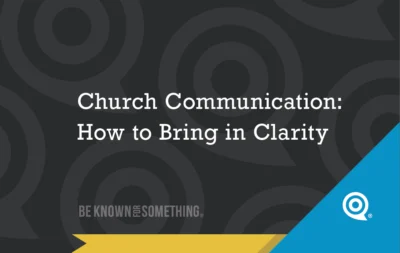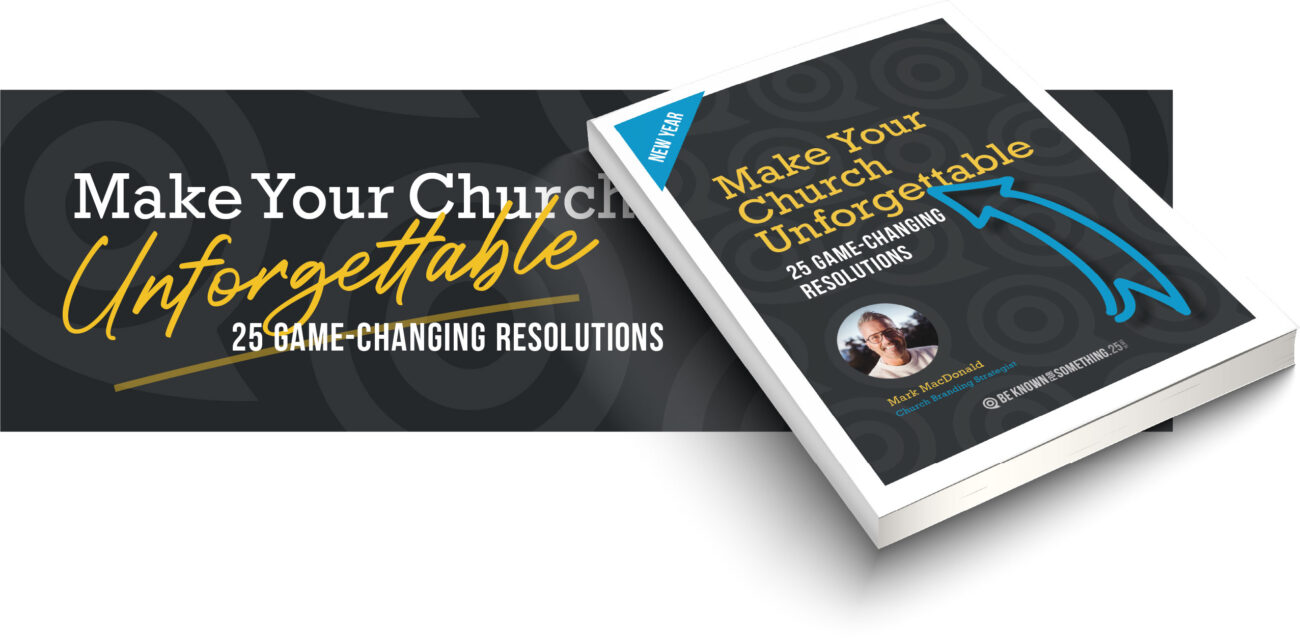1 Web Trend Churches Should do Well

I love taking my kids to a fun outing and quizzing them at the end to find what they “got out of it”. Someone can experience the same things as another and hear or see something different. It’s all because we translate experiences through our own prism. It’s ultimately “what’s in it for me”.
Website design paradigms are constantly changing. Thanks in part to coding abilities and analytics (the ability to know what a person is looking for online). Since we realize what people are looking for, web designers and content developers (that’s you!) are trying to create “user centric” design.
Giving someone what they are looking for.
One problem. Some people perceive that as “give people everything they want” but it’s actually “give people everything they need” in the manner that they want.
Get the distinction? It’s what we should be doing in the church.
People come to church to hear God’s Word (what they need); but we can’t get caught up on “how” they want to receive it. The method can’t be perceived as equal to the message.
The more we find out about the best way to deliver a message (so that it’s accepted and received well); the more we should want to create an effective delivery system. Especially on a church website (and also in our buildings).
Here are 3 tips:
- Monitor behavior. Watch what works and what doesn’t. Or trending as not effective. Analytics (Google has a great free one) demonstrates this on your website. Watch where people read. How long. If they click where you want them to. (In the building, watch for congestion, indecision, and traffic)
- Engage. Websites are great for engagement. Talking and asking questions.
- Be willing to change. Make it user centric. Don’t change the message necessarily; just change the delivery.
My kids often miss a valuable component of our outing because they didn’t like the way it was presented. What a shame! I pray that we never allow our delivery system to stand in the way of the Gospel of Jesus Christ.
This post originally appeared in the Weekly Update for the National Association of Church Business Administration (NACBA). Mark MacDonald is a regular writer for this and other national publications.
Want 25 Game-Changing Resolutions?
Related Posts

Church Communication: How to Bring in Clarity
In the new year, pastors often set goals. They want to grow attendance, launch new ministries, or strengthen discipleship. However,

Church Branding: Why Every Church Is Known for Something
Everyone is known for something, including your church. This is the heart of church branding. The real question isn’t whether

Church Welcome Video Tips Every Pastor Should Use
Your church welcome video is often the first message people experience before they ever step into your building. Long before

